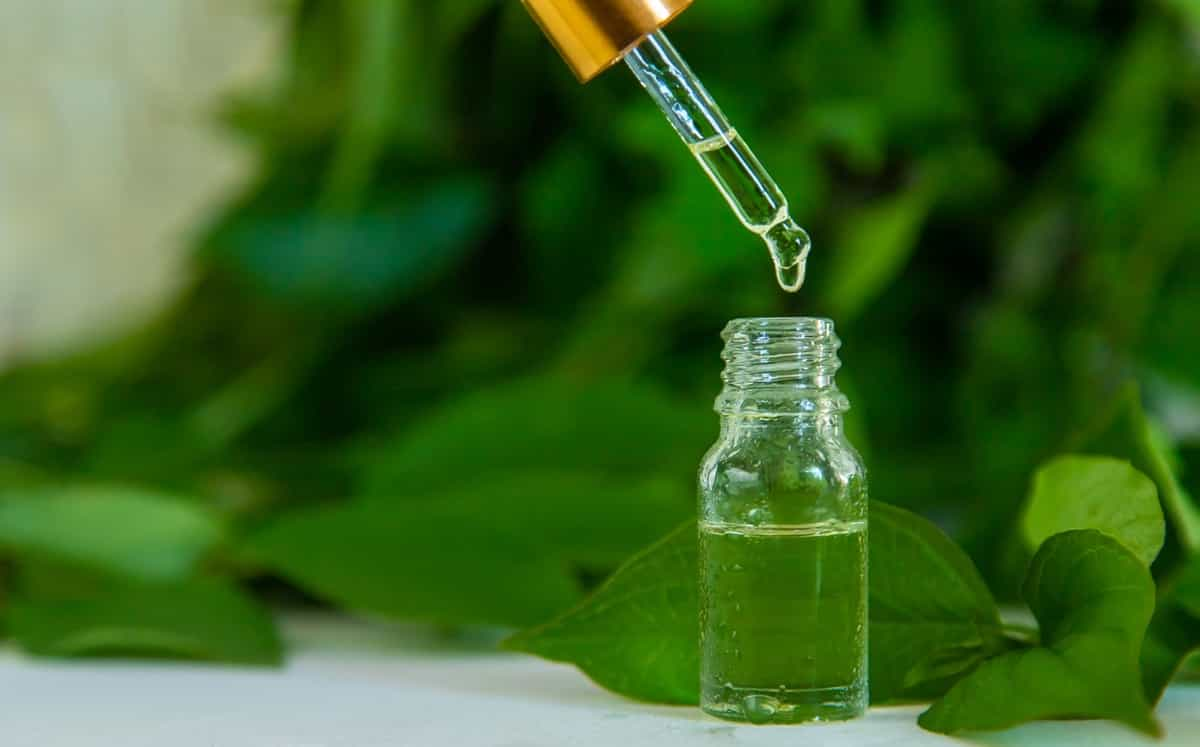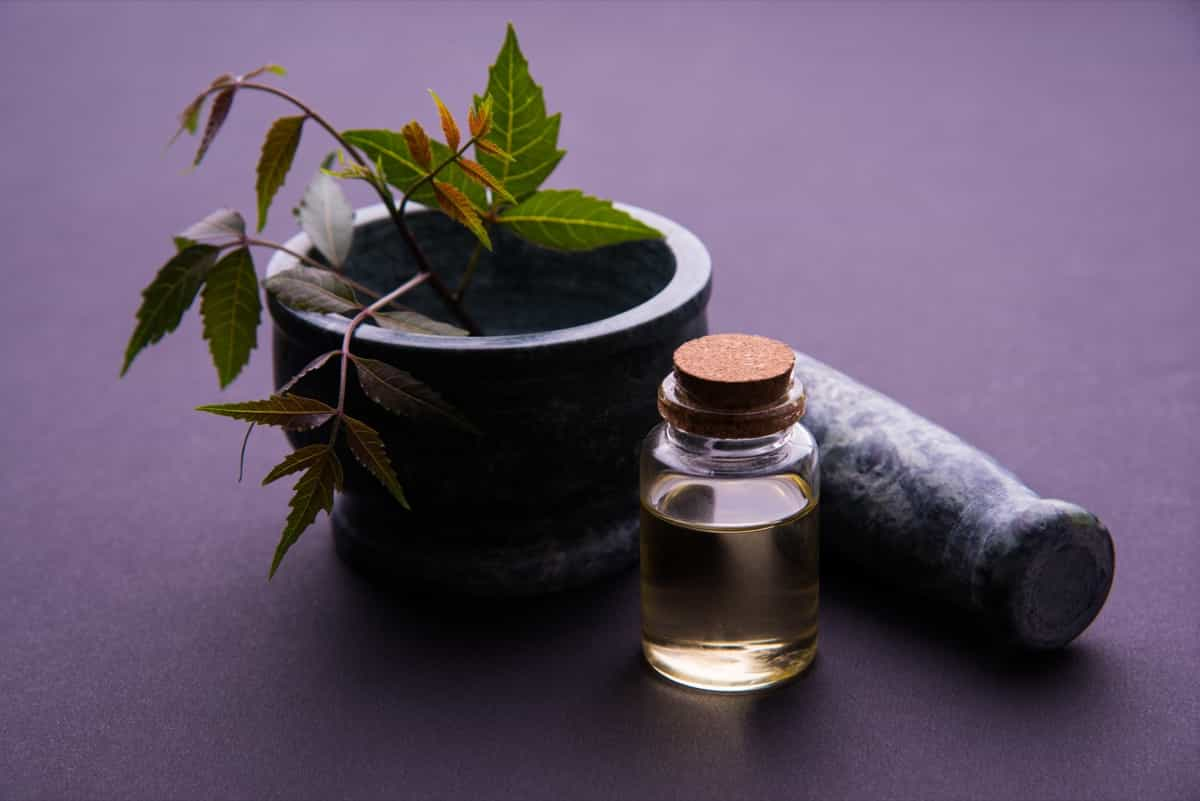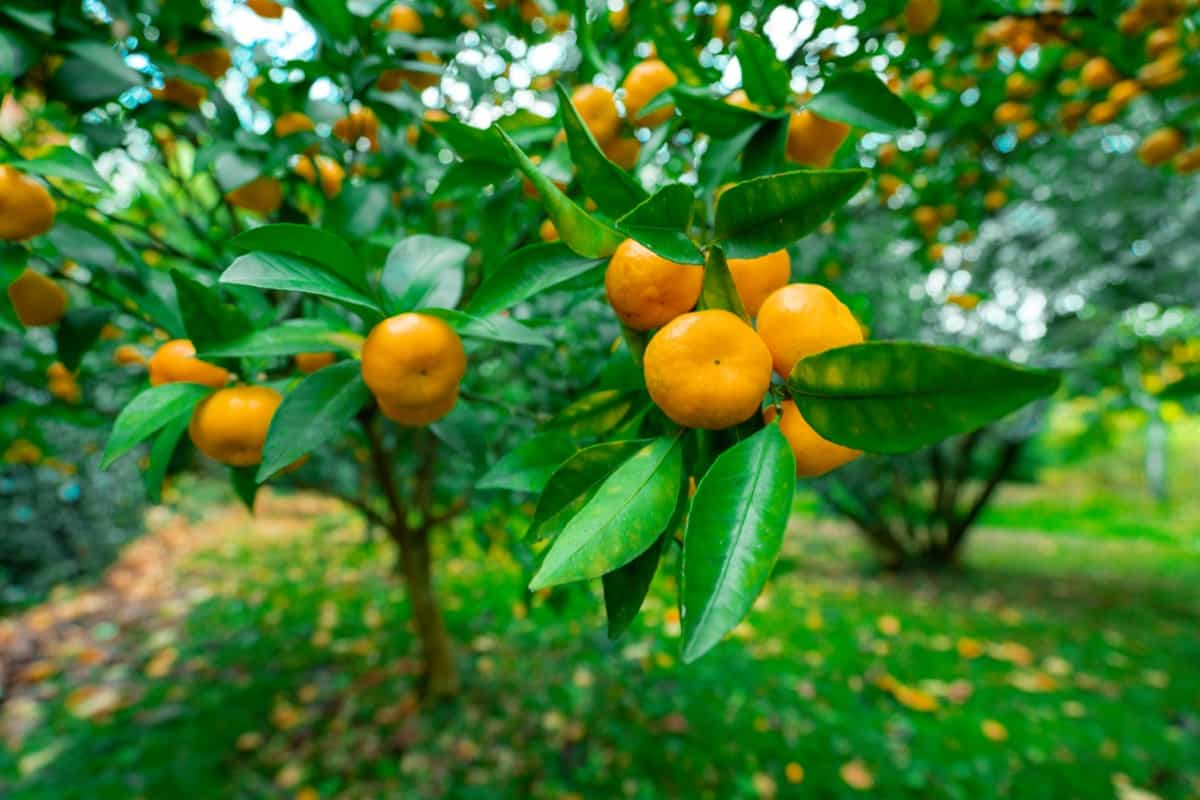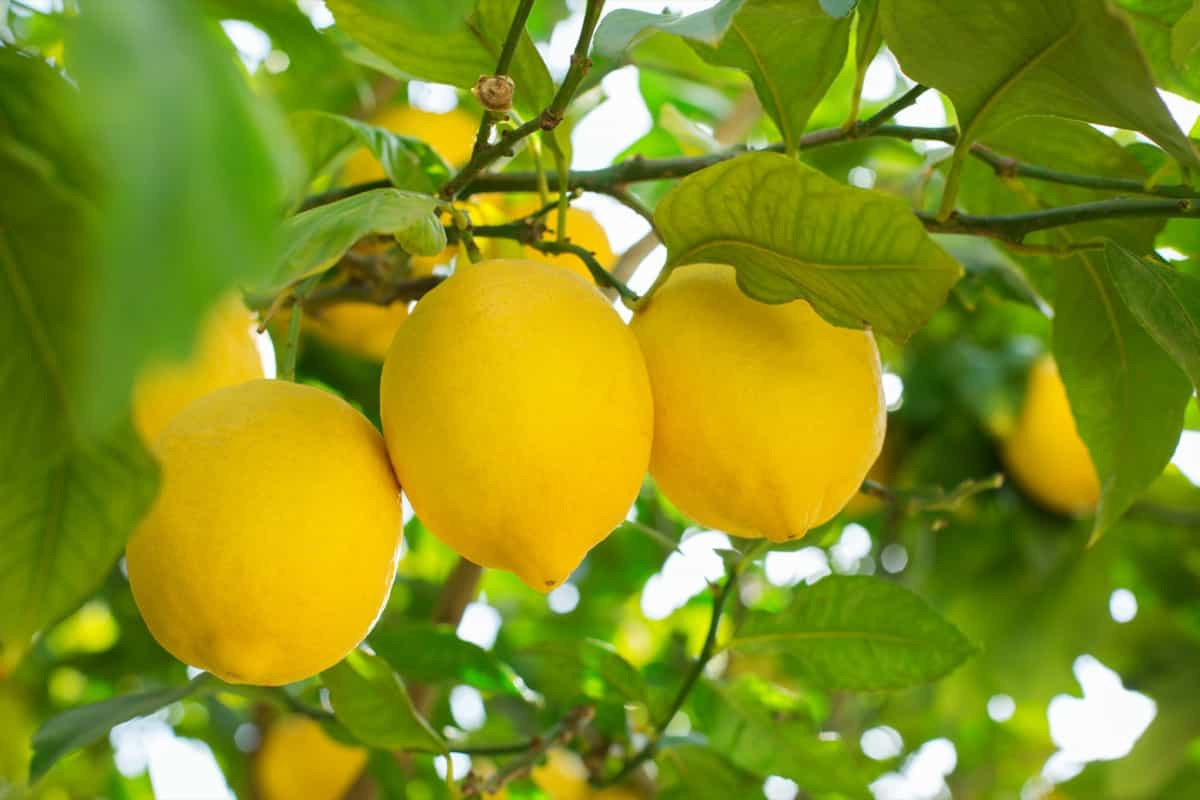Citrus trees are a prized addition to any garden or orchard. Their vibrant fruits and fragrant blossoms bring beauty and freshness to the landscape. However, like other plants, citrus trees are susceptible to pests and diseases that can hinder their growth and reduce fruit production. Using natural pesticides helps maintain the health of your citrus trees and promotes biodiversity in your garden. Avoid synthetic chemicals often found in commercial pesticides that can harm beneficial insects crucial for pollination.
Best Natural Pesticides for Citrus Trees
Understanding the Importance of Homemade Organic Sprays for Citrus Fruit Trees
Using homemade organic sprays is essential when caring for your citrus fruit trees. These natural pesticides protect your trees from harmful pests and ensure you and your family enjoy healthy, chemical-free fruits. One of the main reasons homemade organic sprays are important is that they do not contain synthetic ingredients that can harm the environment or contaminate the soil. You are taking a step towards sustainable gardening by opting for natural alternatives.
Furthermore, these homemade sprays are safe to use around children and pets. Another significant reason for using homemade organic sprays is their effectiveness in controlling pests. Many pests, such as aphids, mites, and caterpillars, can wreak havoc on citrus trees if left unchecked. However, certain natural ingredients have proven highly effective at repelling these unwanted visitors.
The Benefits of Using Natural Pesticides on Citrus Trees
Using natural pesticides on citrus trees can bring a multitude of benefits. These organic sprays are safe for both the environment and your health. Unlike chemical pesticides, they do not leave harmful residues on fruits or soil, ensuring that you and your family can enjoy healthy citrus fruit without worrying about exposure to toxins. Furthermore, homemade organic sprays promote sustainability by reducing reliance on synthetic chemicals.
By opting for natural alternatives to protect your citrus trees from pests, you contribute to preserving biodiversity and overall environmental health. Additionally, many natural pesticides have multiple functions beyond just controlling pests. Moreover, utilizing homemade organic sprays gives you more control over what goes into your plants. You know exactly which ingredients are being used and can tailor them according to the specific needs of your citrus tree’s pest problems.
Essential Oils as Natural Pesticides for Citrus Trees
Essential oils have gained popularity recently for their numerous health and wellness benefits. These potent plant extracts are not only effective at repelling pests, but they are also safe and non-toxic to humans and the environment. Peppermint oil is one of the most used essential oils for pest control on citrus trees. Its strong aroma deters many insects, including aphids, ants, and spider mites.
In case you missed it: How to Prepare the Soil for Citrus Trees: Best Soil Mix, pH, Compost, and Recipe

Simply dilute two to three drops of peppermint oil with water and apply it to the leaves of your citrus tree. Another powerful essential oil is tea tree oil. It has antifungal properties that can prevent diseases from affecting your citrus trees. Mix three drops of tea tree oil with water or a carrier oil such as coconut or olive oil, then spray it onto the affected areas.
Neem Oil: A Powerful Natural Pesticide for Citrus Trees
Neem oil is a popular and powerful natural pesticide that can effectively control pests on citrus trees. One of the key advantages of using neem oil as a pesticide is its ability to disrupt the life cycle of insects. It acts as an insect growth regulator, preventing larvae from developing into adults. This means pests like aphids, caterpillars, and scale insects cannot reproduce and multiply on citrus trees.
In case you missed it: Best Fertilizer for Citrus Tree: Homemade, Organic, Natural, Liquid, Compost, How and When to Apply

Additionally, neem oil has strong antifungal properties, making it effective against powdery mildew and black spot diseases. Applying neem oil regularly to your citrus trees can help prevent these common fungal infections from taking hold. To make a homemade neem oil spray for citrus trees, mix one tablespoon of pure neem oil with water and a few drops of dish soap (to help emulsify the mixture). Spray this solution onto the leaves and branches of your citrus tree every two weeks during periods when pests are active.
Garlic Spray: An Effective Homemade Organic Pesticide for Citrus Fruit Trees
Garlic spray is an effective homemade organic solution to keep pests away from your beloved citrus trees. Simply crush and mix a few garlic cloves with water to make garlic spray. Let the mixture steep overnight or for at least 24 hours. The strong odor of garlic is a deterrent to insects like aphids, spider mites, and mealybugs.
When sprayed onto the leaves and branches of your citrus trees, it creates a protective barrier against these unwanted pests. One important thing to note is that garlic spray should be applied in moderation to avoid damaging the plants. Overuse may cause burning or yellowing of the leaves. It’s best to test a small area before applying it extensively.
Soap Solution: A Simple and Safe Natural Pesticide for Citrus Trees
Keeping pests away from your citrus trees can be a challenge, but there’s a simple and safe solution that you can make right at home – soap solution. This natural pesticide is not only effective in deterring pests, but it’s also gentle on the environment. You only need mild liquid soap and water to make this homemade organic spray for citrus fruit trees. Mix about five tablespoons of soap with 1 gallon of water in a garden sprayer. Shake well to ensure the soap is thoroughly dissolved.
In case you missed it: How to Grow and Care for Organic Lemon Balm: Planting Instructions

When using the soap solution on your citrus trees, applying it directly onto the leaves and branches where pests are present is important. The soapy mixture suffocates insects like aphids, mealybugs, and scales. It’s crucial to remember that while soap solution is considered safe for most citrus tree varieties, some sensitive species may be more susceptible to damage from strong concentrations of soap. Always test the spray on a small portion of your tree before applying it extensively to avoid any potential harm.
Chilli Pepper Spray: A Natural Deterrent for Citrus Tree Pests
Chilli pepper spray is a natural and effective way to deter pests from citrus trees. The spicy heat of chilli peppers can act as a repellent for insects, making them think twice before munching on your precious fruit. Finely chop some fresh or dried chilli peppers to make chili pepper spray. You can use any variety you prefer, but the hotter, the better when deterring pests.
Place the chopped peppers in a container with water and let them steep for at least 24 hours. Then, strain the liquid to remove any solids. To apply the spray, transfer it into a spray bottle and generously mist your citrus tree’s leaves and branches. Cover all areas where pests are present or likely to appear. It’s important to note that this homemade pesticide can irritate if it meets the skin or eyes, so always wear gloves and protective eyewear while applying.
Mineral Oil: A Non-Toxic Option for Controlling Citrus Tree Insects
Mineral oil is a non-toxic option that can effectively control insects on citrus trees. This natural pesticide works by suffocating and smothering pests, such as aphids, mites, and scales, without causing harm to the tree or beneficial insects. To apply mineral oil as a pesticide for citrus trees, simply mix it with water according to the instructions and spray it onto the foliage. The oil creates a thin film that coats the pests’ bodies and prevents them from breathing properly.
One of the advantages of using mineral oil is its safety for both humans and pets. Unlike chemical pesticides, which can pose health risks if ingested or inhaled, mineral oil is considered safe when used correctly. Another benefit of using mineral oil is its persistence. Once applied to the tree, it remains effective for several weeks as long as no heavy rain is washing it away.
Vinegar Spray: A Natural Solution for Pest Control on Citrus Trees
One of the most effective natural pesticides for citrus trees is vinegar spray. This simple and affordable solution can help keep pests at bay without harming your trees or the environment. Mix water and white vinegar, shake well, and generously spritz the mixture onto your citrus trees, focusing on areas where pests are commonly found. The acidity of vinegar makes it an excellent deterrent for many common citrus tree pests, such as aphids, ants, and spider mites.
In case you missed it: How to Grow Lemon from Seed to Harvest: A Complete Guide for Beginners

It disrupts their feeding patterns and destroys their protective coatings, ultimately leading to their demise. Regular vinegar spray can also prevent fungal diseases from taking hold of your citrus trees. Its antimicrobial properties help kill off harmful bacteria and fungi that can cause leaf spots or fruit rot. When applying vinegar spray to your citrus trees, cover both sides of the leaves and any cracks or crevices where pests might hide. You may need to reapply after rain or heavy watering since it can wash away over time.
Diatomaceous Earth: An Organic Pest Control Method for Citrus Fruit Trees
Diatomaceous earth can be a game-changer when protecting citrus fruit trees from pests. When pests meet diatomaceous earth, its sharp microscopic edges damage their exoskeletons and absorb their moisture, leading to dehydration and death. The best part about using diatomaceous earth as a pest control method is that it’s completely safe for humans and animals.
Unlike chemical pesticides, no harmful residues are left behind on the fruit or soil. To apply diatomaceous earth to your citrus trees, sprinkle around the base of each tree trunk and any exposed branches where pests may crawl or climb. Be sure to reapply it after rain or irrigation to maintain its effectiveness.
Companion Planting: Using Beneficial Plants to Repel Pests from Citrus Trees
One effective example of companion planting is interplanting citrus trees with aromatic herbs like Basil or Mint. These herbs emit strong scents that deter pests such as aphids and whiteflies. Additionally, their presence attracts beneficial insects like ladybugs and lacewings, which act as natural predators against harmful pests.
Another fruitful partnership is between citrus trees and Marigolds. Marigolds release chemicals into the soil that repel nematodes. Their vibrant flowers also attract pollinators, ensuring a bountiful harvest of juicy fruits. Furthermore, planting Garlic or Onions around citrus trees is a natural deterrent for various insect pests due to their pungent odor. The sulfur compounds in these plants are known to repel aphids, thrips, and spider mites effectively.
Tips and Precautions for Using Natural Pesticides on Citrus Trees
Timing is key: When applying natural pesticides to citrus trees, it’s important to consider the timing. Apply the spray early in the morning or late in the evening when there is less sunlight and heat. This helps prevent any damage to the leaves or fruit.
Test on a small area first: Before spraying your entire citrus tree, test the natural pesticide on a small section of leaves to ensure that it doesn’t cause any adverse effects. You can treat the rest of the tree without negative reactions within 24 hours.
Use protective gear: Wear gloves and protective clothing to avoid skin irritation or absorption into your body when handling natural pesticides.
In case you missed it: How to Grow Oranges from Seed to Harvest: Check How this Guide Helps Beginners

Follow instructions carefully: Different homemade organic sprays may have varying application methods and frequencies, so always read and follow their instructions carefully. Applying too much can harm your citrus trees while using too little might not effectively control pests.
Monitor regularly: After using natural pesticides on your citrus trees, monitor them closely for any signs of improvement or worsening pest infestation. Depending on their effectiveness in controlling pests, adjusting the frequency or strength of applications may be necessary.
Protect beneficial insects: While natural pesticides are safer than chemical alternatives, it’s still important to protect beneficial insects like bees and ladybugs that help pollinate flowers and control other pests naturally.
Frequently Asked Questions on Best Natural Pesticides for Citrus Trees
Are Homemade Organic Sprays as Effective as Chemical Pesticides?
Yes, when used correctly, homemade organic sprays can be just as effective in controlling pests on citrus trees. They may need more frequent application than chemical pesticides, but they are a safer and healthier option for your fruit trees and the environment.
In case you missed it: How to Deal with Pests and Diseases in Balcony Garden: Natural and Organic Remedies

Can These Natural Pesticides Harm Beneficial Insects?
While natural pesticides are generally less harmful to beneficial insects compared to chemical alternatives, it’s still important to use them responsibly and avoid excessive applications. Targeting only affected areas instead of spraying the entire tree can help minimize potential harm.
Will These Homemade Sprays Affect My Citrus Tree’s Fruit Quality or Taste?
When used properly according to instructions, homemade organic sprays should not negatively impact your citrus tree’s fruit quality or taste.
Can I Store Leftover Spray Solutions for Future Use?
It is generally advisable not to store leftover spray solutions for an extended period due to potential degradation over time. It is best practice to mix fresh batches whenever needed.
Conclusion
When it comes to maintaining the health and productivity of your citrus trees, understanding the need for natural pesticides is crucial. Citrus trees are susceptible to various pests and diseases that can harm their growth and reduce fruit yield. While chemical pesticides may seem like a quick fix, they often have harmful side effects on the environment and our health. Choosing homemade organic sprays over chemical alternatives protects you and contributes to a healthier planet.
- Broccoli Seed Germination and Selection
- Asparagus Seed Germination and Variety Selection
- Seasonal Flower Gardening: Best Practices for Spring, Summer, Fall, and Winter
- How to Grow Hibiscus from Flower
- Plantation Ideas for Home Decoration: A Beginners Guide
- Flower Garden Designs and Layouts for Beginners
- Planting and Spacing Techniques in Papaya: A Beginner’s Guide
- Growing Gold: Essential Techniques for Planting Pineapples
- How to Make Kalanchoe Plant Bushy: Home Remedies and Solutions
- 11 Reasons Why Your Gardenia is Not Blooming: Home Remedies and Solutions
- Eco Elegance: The Guide to Designing a Drought-Tolerant Landscape
- Gardening on a Slope: Strategies for Hillside Landscaping
- Nourish and Flourish: Top Organic Mulches for Thriving House Plants
- Everything You Want to Know about Indian Mogra Flower: Discover Uses and Growing
- Green Thumb Success: Expert Tips for Cultivating Greenhouse Pumpkins All Year Round
- Maximize Growth & Flavor: The Ultimate Guide to Companion Planting in Herb Gardens
- How to Control Rhododendron Problems Naturally: Home Remedies and Organic Ways to Fix Them
- Natural Magic: The Remarkable Benefits of Cinnamon for Plants
- Best Steps to Revive Dying Tulip with Natural and Organic Treatment
- 10 Reasons Why Your Angel Trumpet is Not Blooming: Remedies and Treatment
- How to Fix Periwinkle Leaf and Flower-Related Problems: Natural Remedies and Solutions
- How to Fix Zinnias Leaf and Flower Problems: Discover Natural and Home Remedies
- Organic Steps to Induce Lemon Tree Flowers: A Comprehensive Guide
- Bloom Booster: Crafting the Perfect Homemade Bougainvillea Fertilizer
- Optimizing Growth: A Guide to Applying NPK Fertilizer for Potted Plants
- 10 Best Homemade Fertilizers for Rubber Plant: DIY Recipes and Application Method
- How to Boost Female Pumpkin Flowers: Effective Steps for More Flowers and High Yields
- Transform Your Indoor Garden: Top Benefits of Pink Salt for Houseplants
- 10 Best Homemade Fertilizers for Peacock Plants (Calathea): Easy DIY Guide
- Unlock Blooms: 9 Reasons Why Your Potted Chrysanthemum is Not Blooming
- 8 Reasons Why Your Potted Hibiscus is Not Blooming: Fix it with Simple Solutions
- Unlock Blooms: 9 Key Reasons Your Potted Frangipani Won’t Flower
- 10 Reasons Why Is My Ice Plant Not Blooming: Remedies and Treatment
- 10 Reasons Why My Potted Hydrangea Not Blooming: Treatment and Remedies
- 10 Reasons Why is My Wisteria Not Blooming: Remedies and Treatment
- 10 Reasons Why is My Goldfish Plant Not Blooming: Remedies and Treatment